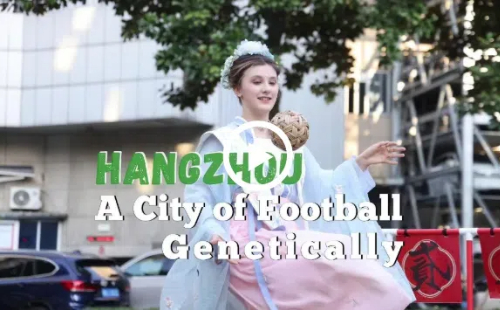Dongyang wooden carvings
Dongyang, a county-level city in East China's Zhejiang province, is the birthplace of "Dongyang wooden carvings", a traditional fine art that has been inscribed on the list of national intangible cultural heritage items.
The oldest existing Dongyang wooden carvings are two Buddha figures discovered in the ruins of a pagoda in the southern suburb of Dongyang. The carvings are believed to be more than 1,000 years ago.
Dongyang wooden carvings earned nationwide fame in the early Qing Dynasty (1644-1911) and the craft was at its peak during the middle and later periods of the Qing Dynasty when hundreds of local artisans were summoned to decorate the imperial palace in Beijing.
One Dongyang wooden carving masterpiece is the exquisite decoration of the Flower Hall inside a mansion built in 1912 in Dongyang's Shijiazhuang village. As uprisings spread across the country at the end of the Qing Dynasty, local artisans no longer received job offers from outside Dongyang and had to face a famine induced by years of drought.
Ye Zhangchao, the owner of the mansion, was hence able to recruit numerous top artisans for a three-year decoration project in exchange for providing them with food.
Shijiazhuang Flower Hall was named as a key cultural relic under national-level protection in 2019.





 play
play